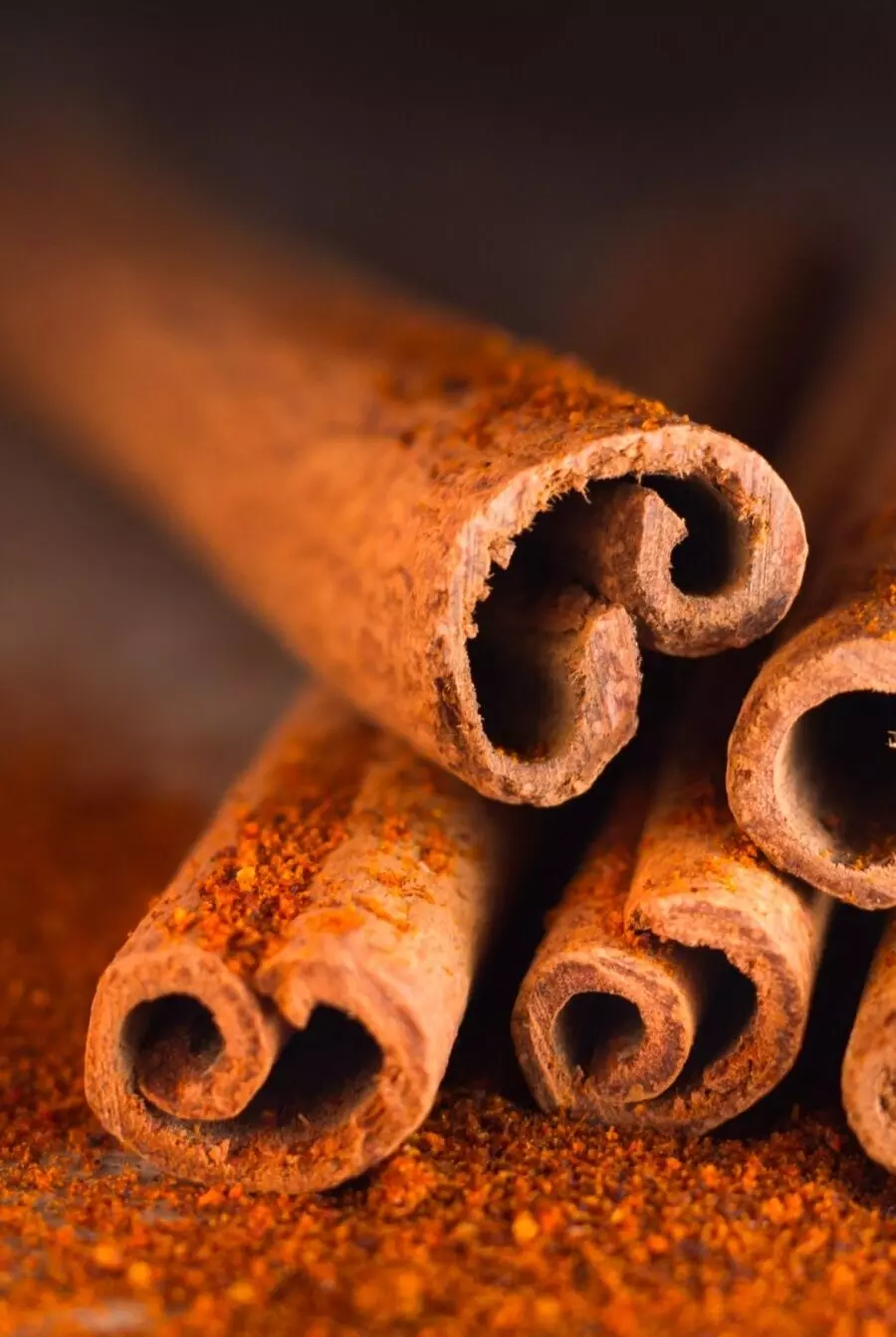Cinnamon and its active components prevent prostate: Study
It was found that cinnamon and its bioactive compounds inhibit prostate cancer cell proliferation in vitro
By Sulogna Mehta
Hyderabad: Cinnamon, the popular spice used in Indian cuisine in almost every Indian household, is known to possess several health benefits. The latest study by the Hyderabad-based Indian Council of Medical Research (ICMR) and National Institute of Nutrition (NIN) demonstrated that cinnamon and its active components — cinnamaldehyde and procyanidin B2 — when administered orally to rats had an inhibitory effect on early-stage prostate cancer.
It was found that cinnamon and its bioactive compounds inhibit prostate cancer cell proliferation in vitro (outside the living body in an artificial environment).
The study titled ‘Chemopreventive effect of cinnamon and its bioactive compounds in a rat model of premalignant prostate carcinogenesis’ was published in the international peer-reviewed journal Cancer Prevention Research. It aimed to assess the chemopreventive efficacy of cinnamon (CN) and its bioactive compounds (cinnamaldehyde or procyanidin B2) in vivo (of a process performed or taking place in a living organism) in male rats.
As part of this study, adult rats were given cinnamon or its bioactive compounds through the diet for 16 weeks before induction of cancer. It was observed that feeding cinnamon or its active compounds resulted in 60 per cent to 70 per cent of rats showing normal prostate histologically.
“We tried to decipher the probable mechanism(s) for the chemo-preventive effect and observed that cinnamon and its active components could mitigate oxidative stress, and decrease the spread of cancer cells in the prostate gland. Interestingly, we also observed the beneficial effects on bone mineral content and decrease in bone degeneration in these rats,” said Dr Ayesha Ismail, scientist, and head of Endocrinology Division, who led the study.
“It is encouraging to see these results about cinnamon, the humble Indian spice, which is commonly used in our cuisine. However, these outcomes warrant more detailed studies before any dietary recommendation can be made,” pointed out Dr R Hemalatha, director at ICMR-NIN.